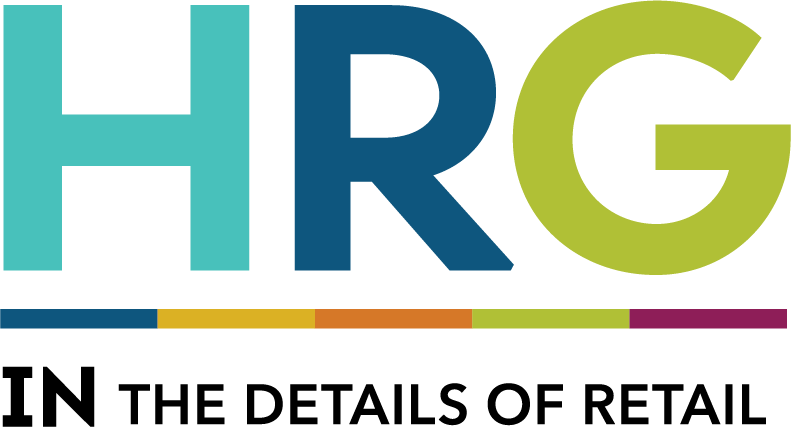By Megan Moyer, corporate marketing manager
I’ve been writing articles about the beauty industry once a month for the past year for Drug Store News’ Inside Beauty e-newsletter. HRG has been in the health, beauty, and wellness segment of the retail industry since its inception. In the 12 years I’ve worked for the company, our alignment to the beauty segment has grown stronger and diversified. Through our fixture coordination and management business we have gained more intimate insights into the ins and outs of product assortments, graphics use, and display nuances, plus get to see upcoming collections as envisioned for in-store sets long before they are in stores.
We also work with cosmetics companies to assist in planogram development, imaging their products, designing and printing their display graphics, creating digital renders, and more. It’s fun for our teams to see the creativity in new collections, special editions, and holiday and other seasonal releases. Plus, we get a glimpse of upcoming new items and packaging.
Personally, I have had the pleasure of talking to and learning about a range of cosmetics, beauty, and personal care brands through the articles I’ve written for Inside Beauty and helping the HRG team prepare for various tradeshows and conference such as ECRM Programs, CosmoProf, and NACDS, to name a few. I’m especially impressed with those that strive for natural or clean ingredients while making giving back and sustainability priorities. I recently completed an article about beauty trends as seen through sales data from an HRG trusted resource partner, Accelerated Analytics, that appears in the July 14 edition of Inside Beauty. Dave Wendland, vp strategic relations at HRG, also completed an article about beauty that will appear in an August issue of Chain Drug Review that touched on market drivers in the segment. My curiosity was still piqued, so I did a bit of additional research, and discovered more trends that I thought were of interest.
I asked Lush about the key 2022 beauty trends they saw and learned something new. Have you heard of self-preserving cosmetics? They don’t require preservatives to stay fresh. Additionally, they are seeing waterless beauty trending. These are products in a solid format that are packaging free, such as shampoo bars, solid serums, and bar soap.
Another trend that I have seen highlighted in advertising and online is, as Kantar puts it – “identities” – or beauty products as “enablers of creativity and individuality” (“Finding the Future: Beauty and Cosmetics Trends,” Vega and Petranto, 2022) Seeing individuals expressing themselves with makeup, no longer restricted by gender, is an encouraging indication that we continue to move toward inclusivity and acceptance. Open hearts and minds are never a bad thing.
Reviewing the Mintel report, “Global Beauty and Personal Care Trends,” 2022, a highlight that jumped out to me was “overconsumption is out; simplification is in.” This was also a trend Lush offered, specific to skin care, calling it “skinimalism.” Lush defined it as consumers moving away from complicated skin care routines by utilizing multitasking products that offer more with less. The fact that consumers are becoming more conscious of their individual impact on the environment and are modifying behaviors to lessen their potentially negative contribution is a move in the right direction.
Finally, and this is something Dave and I both touched on in our articles mentioned above, is the interest in products that promote beauty and wellness. According to a GlobalWebIndex infographic, “The Beauty Industry,” beauty consumers across the U.S. and U.K. want “greater overlap between the beauty and wellness” industries, with vitamins & supplements leading the choices at 42%.
The beauty segment is evolving almost as fast as the retail industry. Keeping up with it is a challenge I am enjoying.
